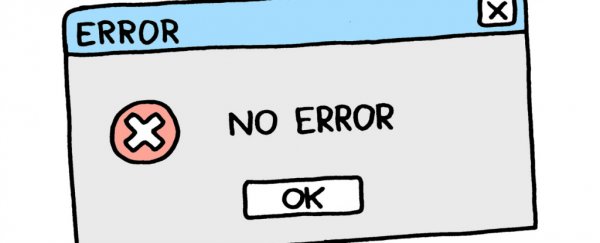
Making mistakes is a normal part of life, but why do most of us continue to make the same mistakes over and over again, even though we've been taught from an early age to use errors as a way to learn and get past them?
In the video above, Olga Khazan from The Atlantic explores the science behind these repeated mistakes. And it turns out it's definitely not just you.
In a perfect world, mistakes would serve as a way to grow and improve, leading us to never make the same mistake twice. But as we all know, this doesn't really pan out in the real world.
Imagine you want to save some money for a larger purchase, such as a car or a home, but you end up buying takeout for dinner every night.
You know that you should be putting that money away instead, and making your own dinner at home, but you just keep spending it on takeout, and you start to feel really guilty about it.
While these everyday errors are usually just mere annoyances, repeated mistakes sometimes carry hefty weight. According to Khazan, repeat medical errors are the third leading cause of death in the US, and repeated small mistakes are the number one reason why lawyers are sued for malpractice.
So, if we know these are mistakes, why don't we do anything to change them?
In short, the science shows that we don't actually learn from our mistakes like we're led to believe. Instead, looking back at our mistakes just makes us super bummed out, which actually can lead to more mistakes in the future.
As the video above explains, when we're confronted with our mistakes, our brains slow down and try to figure out why we screwed up, leading us to dwell on the error instead of the solution.
This then encodes that errored behaviour into our psyche. If we'd instead just let those past mistakes go and focus on the correction instead, we wouldn't end up in this weird mental mess of confusion that keeps us on the same error-prone path.
In other words, we need to think more about making our own food, rather than stressing over why we bought so much takeout last month.
Check out the video above to find out more about how all these cognitive systems can work against us – even if we have the best intentions – and use it to hack your brain to never make the same mistake twice. Your future self will thank you.
